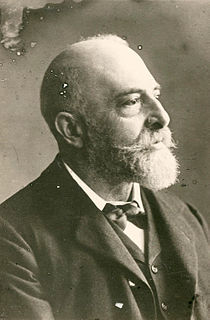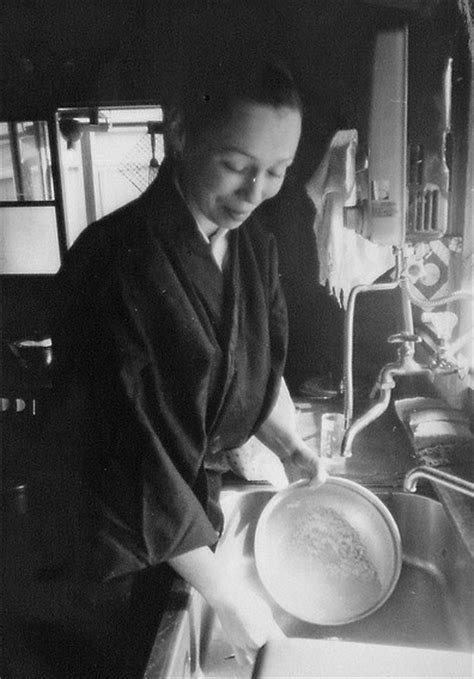A Quote by Nhat Hanh
We should be able to bring the practice of meditation hall into our daily lives. We need to discuss among ourselves how to do it. Do you practice breathing between phone calls? Do you practice smiling while cutting carrots? Do you practice relaxation after hard hours of work? These are practical questions. If you know how to apply meditation to dinner time, leisure time, sleeping time, it will penetrate your daily life, and it will also have a tremendous effect on social concerns.
Quote Topics
Able
After
Also
Among
Apply
Between
Breathing
Bring
Calls
Carrots
Concerns
Cutting
Daily
Daily Life
Dinner
Dinner Time
Discuss
Effect
Hall
Hard
Hours
How
Know
Know How
Leisure
Leisure Time
Life
Lives
Meditation
Need
Our
Ourselves
Penetrate
Phone
Phone Call
Phone Calls
Practical
Practice
Questions
Relaxation
Should
Sleeping
Smiling
Social
Time
Tremendous
While
Will
Work
Your
Related Quotes
Practicing meditation is just like breathing. While working we breathe, while sleeping we breathe, while sitting down we breathe... Why do we have time to breathe? Because we see the importance of the breath, we can always find time to breathe. In the same way, if we see the importance of meditation practice we will find the time to practice.
The right kind of practice is not a matter of hours. Practice should represent the utmost concentration of brain. It is better to play with concentration for two hours than to practice eight without. I should say that four hours would be a good maximum practice time-I never ask more of my pupils-and that during each minute of the time the brain be as active as the fingers.
You say that you are too busy to meditate. Do you have time to breathe? Meditation is your breath. Why do you have time to breathe but not to meditate? Breathing is something vital to peoples lives. If you see that Dhamma practice is vital to your life, then you will feel that breathing and practising the Dhamma are equally important.
Meditation practice is like piano scales, basketball drills, ballroom dance class. Practice requires discipline; it can be tedious; it is necessary. After you have practiced enough, you become more skilled at the art form itself. You do not practice to become a great scale player or drill champion. You practice to become a musician or athlete. Likewise, one does not practice meditation to become a great meditator. We meditate to wake up and live, to become skilled at the art of living.



























